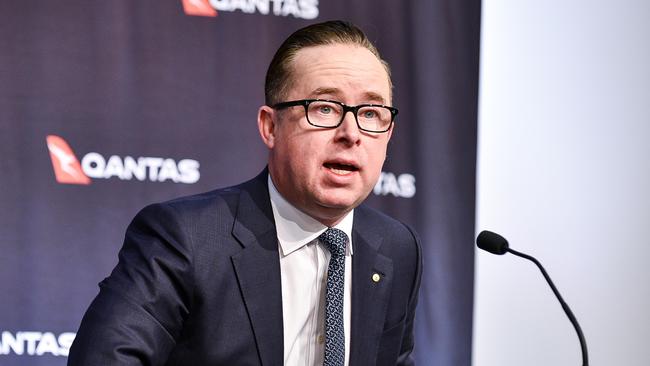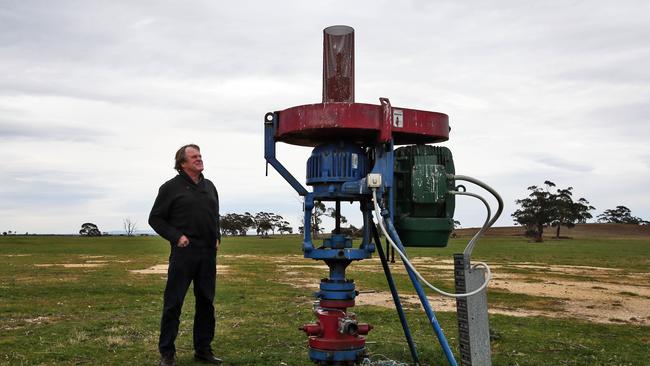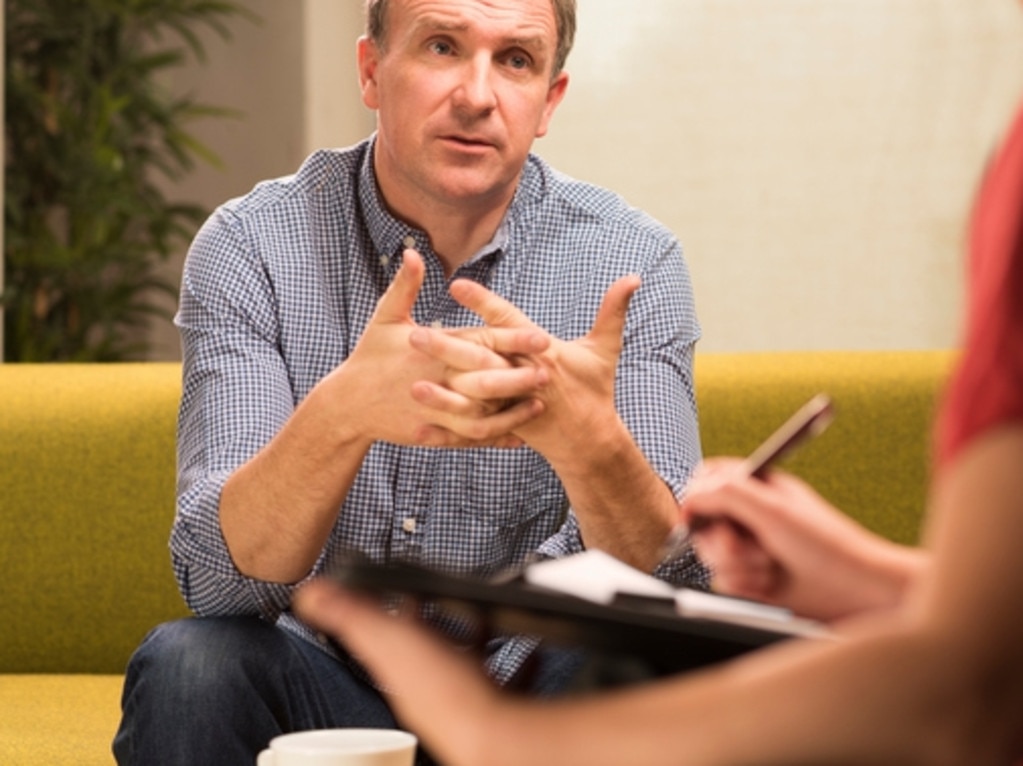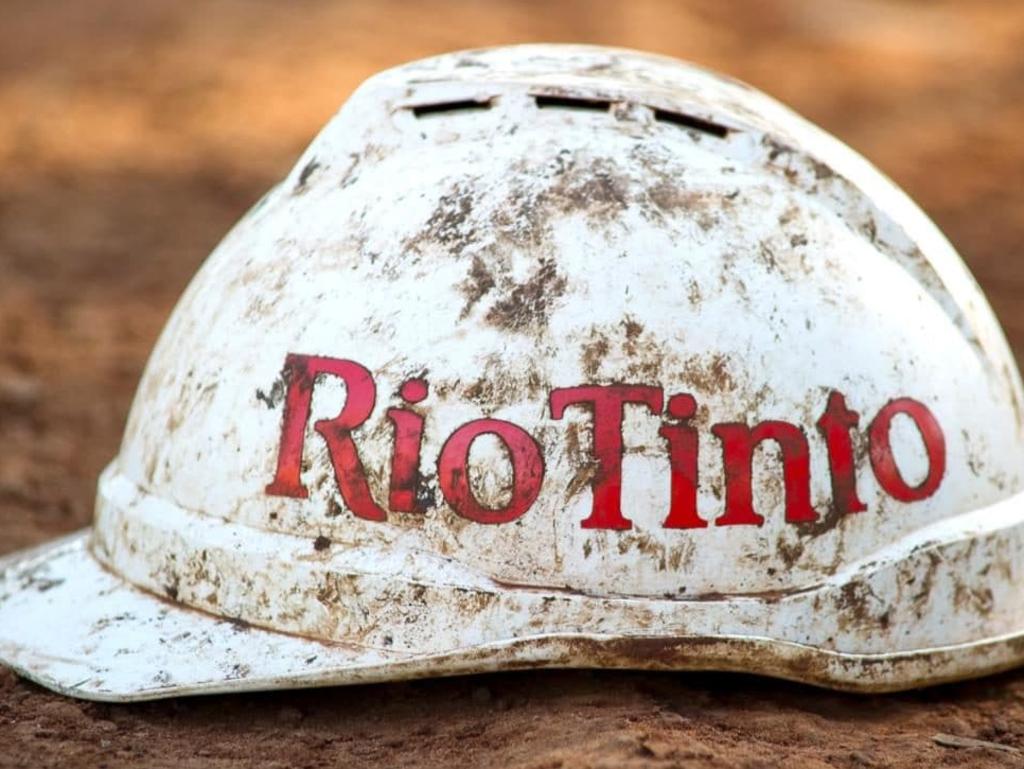
And so, at Qantas, CEO Alan Joyce is not only revamping his workforce and operations, but is prepared to challenge the most entrenched tradition in the Qantas 100 year history – that Qantas is a Sydney enterprise.
It’s highly unlikely that Qantas will shift its, base but Victoria needs Qantas more than NSW does, so Joyce is at least prepared to put its most entrenched tradition on the table.
The COVID-19 crisis has triggered an anti-Dan Andrews Victorian movement but it has also spurred a deep sense of state loyalty that will transfer to Qantas if it was to make the shift. Joyce knows that but will make the decision on commercial grounds.
Similarly the Morrison government is in the process of rewriting the Australian energy rules because any Australian recovery will need to be based on lower cost and more reliable energy.
Energy Minister Angus Taylor, who is spearheading the new rules, is based in NSW. So it is natural that he would start his energy campaign in his home state particularly as NSW has a Coalition government.
Victoria and its left-wing Premier is regarded by most in the Morrison government as too hard. But, just like Joyce in a corporation like Qantas, the Taylor mandate within government is to act in the interests of the nation and not just a particular state.
And it so happens that Victoria’s Gippsland onshore gas production costs would be far less than the NSW gas at Narrabri. A power station in Victoria driven by its cheap and immense gas reserves would transform both the state and the nation.
Most of the discussion about a new gas fired power station in NSW is concentrated on replacing the coal-driven Liddell facility. But NSW has invested substantial sums to generate around 17 per cent of its power from renewables. In its scramble for green votes, NSW did not provide anywhere near enough backup for the times when the sun doesn’t shine and the wind doesn’t blow.
A gas fired power station would provide that back up and make NSW far more secure in its electricity generation and able to offer long-term contracts for power.
An easy win
But the Victorian situation is even better, at least in potential. Either the Commonwealth or Victoria needs to spend about $30m – $40m million to check that Exxon’s estimate that the vast Victorian onshore gas reserves contain as much gas as the original Bass Strait discovery in the 1960s. That initial checking expenditure was part of the $200m development plan proposed by Exxon but rejected by the Victorian government.
My readers are familiar with the details of the gas — it is deep underground and dissolved in water.
The gas and water have their own pressure to enable them to rise to the surface without any artificial fracking. And because they’re very deep there is no interference with the aquifers currently used by farmers.
The early results showed that the water was suitable for agriculture although some minor purification might be required.
It has the potential of being one of Australia’s most valuable natural resources and the leases are actually held by the Victorian government so there is revenue to both the government and the farmers. More importantly Victoria can now generate around 25 per cent if its energy via renewables, but like NSW needs the gas to provide back up. Former ACTU boss Bill Kelty is imploring the Andrews government to use the crisis as the opportunity to drive the state forward just as the Victorian boom of the last two decades had its genesis in the decisions made in the 1990s crisis.

If Exxon is right then low cost, low carbon energy can drive that process. But, of course, any energy that involves carbon is politically dangerous, particularly for an ALP government. In times of great prosperity communities will support higher energy costs and less reliability but when times are tough those luxuries move off the table.
With its new energy objectives the Morrison government clearly understands the new rules. But I implore the minister for energy to look at the nation as a whole and not just his home state.
Efficiency imperative
Meanwhile, just as we may have a much more efficient energy system out of this crisis, so we are going to have a far more efficient airline system. And it will need to be, because it will be a long time before business travel returns to the old levels because enterprises have learned how to substantially reduce the travel they really need to do. Accordingly, both Qantas and Virgin are dramatically changing, but face the legacy of managing two airports in Sydney.
But re-examining old practices and is not going to be confined to energy and airlines. It will take place across our entire business and government networks. And those companies that don’t challenge their old traditions and ways of operating may not survive in the new world.
Finally, the students who this year were able to manage online learning will greatly benefit in the years ahead. They will look back on 2020 is a wonderful opportunity.








Massive state and federal government debts and the likelihood of a tough longer term economic environment is challenging the assumptions that governments and enterprises have embraced for decades.